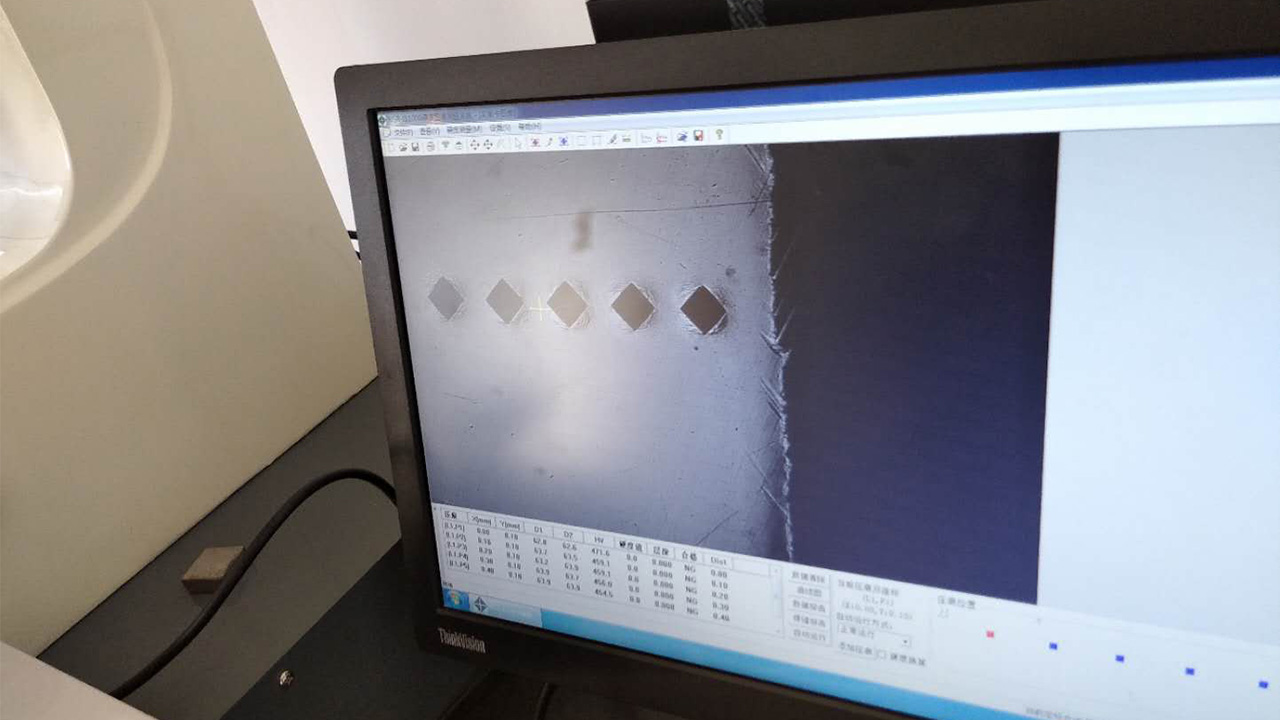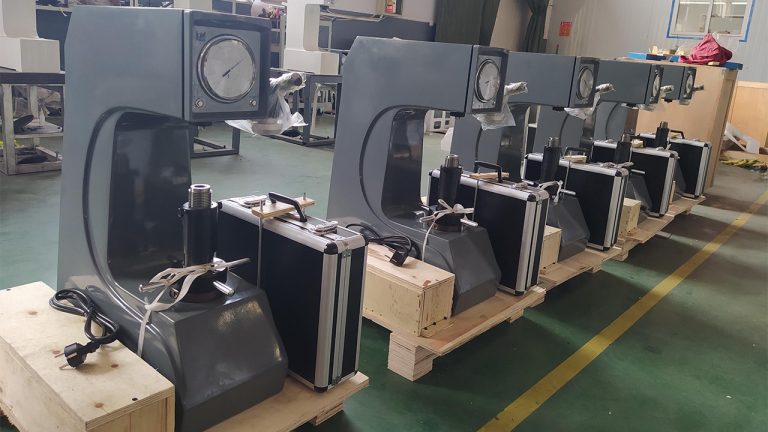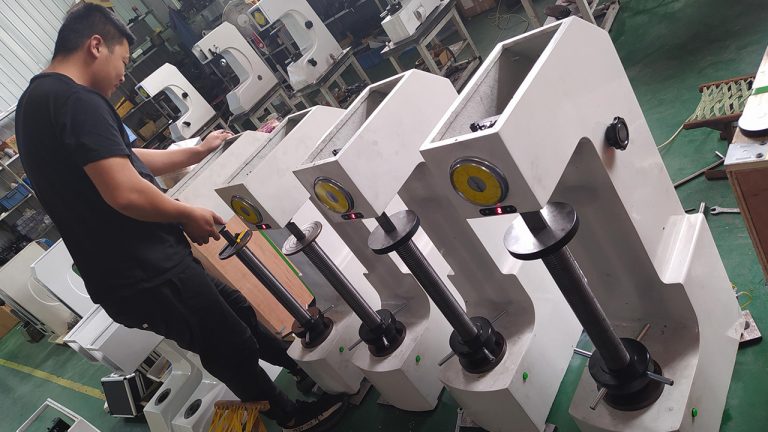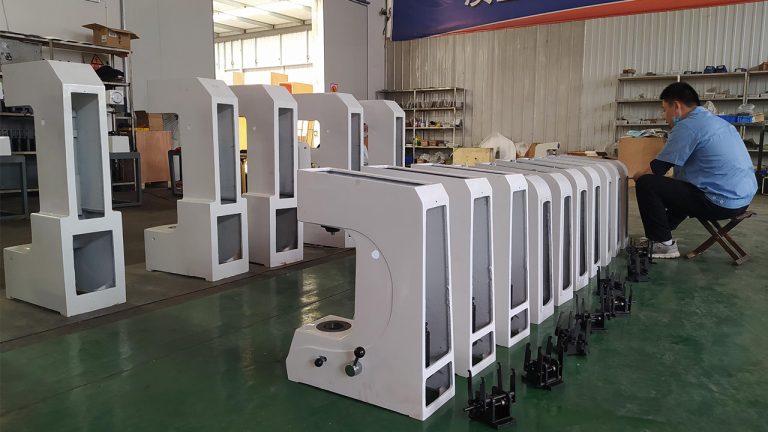Benefits of Using Janka hardness tester for Quality Control in China
Quality control is a crucial aspect of any manufacturing process, especially in industries where the durability and strength of materials are paramount. In China, where the manufacturing sector is booming, the need for reliable quality control measures is more important than ever. One such tool that has become indispensable in ensuring the quality of wood products is the Janka hardness tester.
The Janka hardness test is a widely used method for measuring the hardness of wood. It involves measuring the force required to embed a steel ball into the surface of the wood to a certain depth. The higher the Janka hardness rating, the harder the wood is. This test is essential for determining the suitability of wood for various applications, such as flooring, furniture, and construction.
In China, where the demand for high-quality wood products is on the rise, the use of Janka hardness testers has become increasingly popular. Companies that invest in these testers can ensure that the wood they use meets the necessary standards for durability and strength. This, in turn, helps them produce products that are of superior quality and can withstand the rigors of everyday use.

One of the key benefits of using a Janka hardness tester in China is that it provides an objective and standardized method for measuring wood hardness. This eliminates the subjectivity that can arise when relying on visual or tactile assessments alone. By using a Janka hardness tester, companies can obtain accurate and reliable data on the hardness of the wood they are using, allowing them to make informed decisions about its suitability for specific applications.
Furthermore, the use of Janka hardness testers can help companies identify potential quality issues early in the manufacturing process. By testing the hardness of wood samples before they are used in production, companies can detect any inconsistencies or defects that may affect the overall quality of the finished product. This proactive approach to quality control can save companies time and money by preventing costly rework or product recalls.
Another advantage of using Janka hardness testers in China is that they can help companies meet international quality standards. Many countries have strict regulations regarding the hardness and durability of wood products, especially those used in construction and furniture. By using a Janka hardness tester to ensure that their products meet these standards, Chinese companies can expand their market reach and compete on a global scale.
In addition to ensuring the quality of their products, companies in China can also benefit from using Janka hardness testers in terms of customer satisfaction. Consumers are becoming increasingly discerning when it comes to the quality of the products they purchase, and they expect durability and longevity from the items they buy. By using Janka hardness testers to verify the quality of their wood products, companies can instill confidence in their customers and build a reputation for reliability and excellence.
In conclusion, the use of Janka hardness testers in China offers numerous benefits for companies in the wood manufacturing industry. From ensuring the quality and durability of their products to meeting international standards and satisfying customer expectations, Janka hardness testers are an essential tool for any company that values quality control. By investing in these testers, Chinese companies can position themselves as leaders in the industry and deliver products that are built to last.






